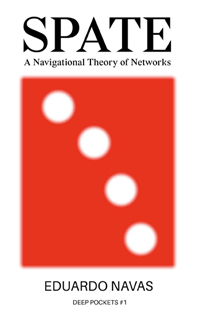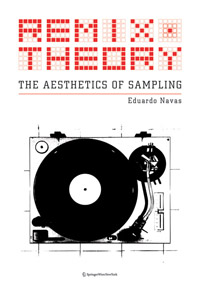Remix culture comes to film at the Internet Archive by Jonathan Opp
(Source: Red Hat)
Issue #12 October 2005
PRELINGER ARCHIVES
The showcase of the Moving Images collection is its almost 2,000 titles from the Prelinger Archives.
Begun in 1983 by Rick Prelinger, the archives grew to more than 48,000 titles before the film collection was acquired in 2002 by the Library of Congress. The archive still holds about 4,000 titles on videotape, and is one of the largest collections of films produced by corporations, non-profits, community and interest groups, and educational institutions. The films are in the public domain and are available for free downloading and reuse.
“You are warmly encouraged to download, use and reproduce these films in whole or in part, in any medium or market throughout the world. You are also warmly encouraged to share, exchange, redistribute, transfer and copy these films, and especially encouraged to do so for free,” according to the Archives’ website. “Any derivative works that you produce using these films are yours to perform, publish, reproduce, sell, or distribute in any way you wish without any limitations.”
Download and remix to your heart’s content.
But consider yourself warned: Entire evenings have been lost browsing the collection. These films were produced before 1964 (because of copyright laws), and the cultural curiosity factor is high.
Part of what makes them interesting is that they were made for a specific purpose: To warn against the threat of communism. To teach teenagers how to be popular. To revel in the glory of American industry. The films are compelling historical records because they were never intended to be historical records.
You might even learn something. Like how to protect yourself against nuclear attack (tip: “duck and cover!”), stay safe on the highway, or avoid the perils of poor hygiene.
Yes, those films. You remember 7th grade health class. When the teacher wheeled the film projector to the back of the room, started the movie, and quick-stepped their way to the teachers’ lounge before the questions started. You were treated to a film about puberty or some other mortally embarrassing topic, leaving you unable to look your opposite-sex classmates in the eyes for weeks afterward. Ever wonder what happened to those films? Chances are you’ll find them and many like it here. Relive the memories today!
Another word of warning. These films are also products of the time in which they were made. Racism, sexism, cultural ignorance–you’ll see it all. Distasteful yes, but yet another reason these films are worth preserving and should be freely available. The often-used quote from George Santayana about learning about the past so as not to repeat it comes to mind.
 At Red Hat we have many favorites among the Prelinger Archives, but few films get more repeat viewings than “Your Name Here” and “The Relaxed Wife.” In fact, if you’ve seen the Red Hat film “Inevitable” some of the scenes may look very familiar.
At Red Hat we have many favorites among the Prelinger Archives, but few films get more repeat viewings than “Your Name Here” and “The Relaxed Wife.” In fact, if you’ve seen the Red Hat film “Inevitable” some of the scenes may look very familiar.
“Your Name Here” is a 60s parody of clichéd corporate promotional films. Scenes of industry and patriotism are spliced with a script full of motherhood-and-apple-pie propaganda–then cut with blank spaces for “YOUR PRODUCT HERE.” It’s smart and with a biting sense of sarcasm that’s far ahead of its time.
“The Relaxed Wife” is a 50s pharmaceutical film that follows a poor husband overwhelmed by the daily stresses of modern society, and his loving wife who attempts to calm him. When that doesn’t work–prescription drugs to the rescue. This must certainly be one of the more strange, surreal films that wasn’t shot that way on purpose. We loved the husband’s rubber-faced overacting so much that he landed a role in “Inevitable.”
Not only are the films significant in their own right, they also give filmmakers the raw material to produce their own movies. To learn new skills. And to give new life to these classic films.
Want a great place to start browsing? Don’t miss the feature-length film “Panorama Ephemera,” created by Prelinger himself. It blends some of the best of what the archives has to offer into a rich portrait of American life.
Prelinger has even made his Final Cut Pro project available for download if you want to edit the film for non-commercial use or see how he made the movie. When’s the last time you saw Spielberg do that?
Welcome to the remix culture.
Read the interview transcript.
About the author
Lascia un commento
You must be logged in to post a comment.








